what color light does not attract bugs
If you are searching about What Color Light Bulb Repels Insects? Bulb Color And Bug Facts you've came to the right web. We have 10 Pics about What Color Light Bulb Repels Insects? Bulb Color And Bug Facts like What Color Light Does Not Attract Bugs? (Helpful Examples) (2023), What Light Color Does Not Attract Bugs? (Answered) - DIY Smart Home Hub and also What Color Of Light Does Not Attract Bugs – PesoGuide. Here it is:
What Color Light Bulb Repels Insects? Bulb Color And Bug Facts
 homeupward.com
homeupward.com
repels attract
Outdoor Light Bulbs That Do Not Attract Bugs - Outdoor Lighting Ideas
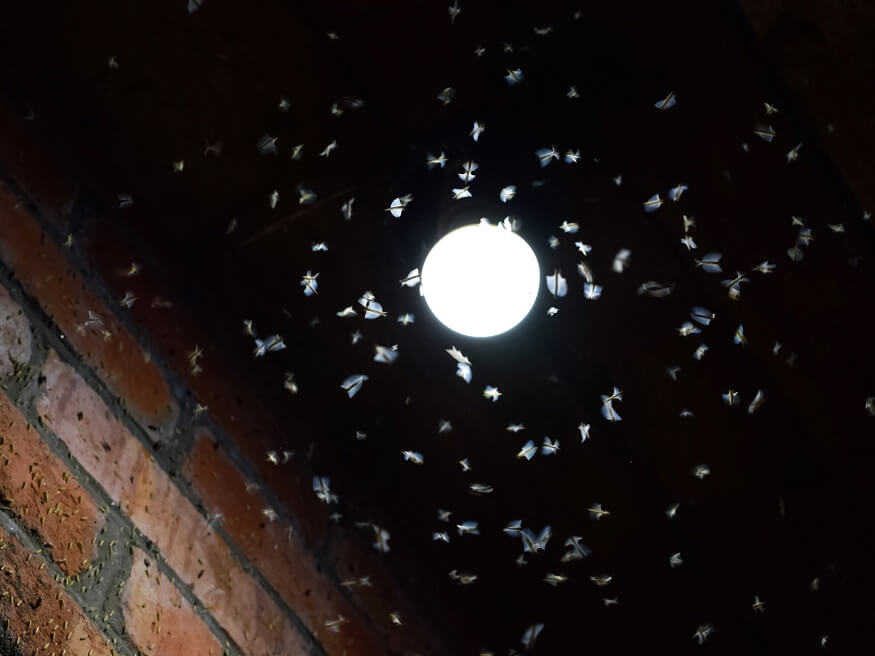 www.jkoffset.com
www.jkoffset.com
bugs attract essential
What Color Does Not Attract Bugs - Colorscombo.com
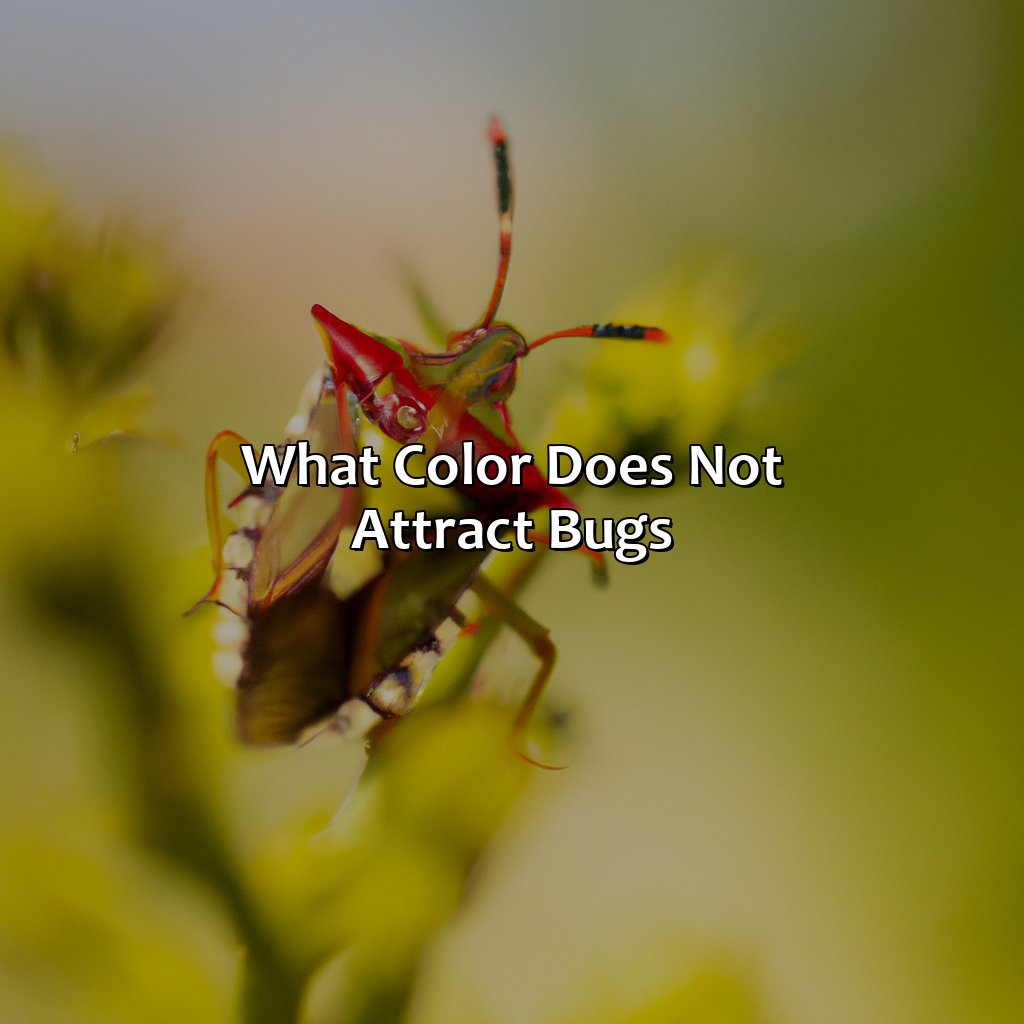 colorscombo.com
colorscombo.com
What Kind Of Outdoor Lights Do Not Attract Bugs - Outdoor Lighting Ideas
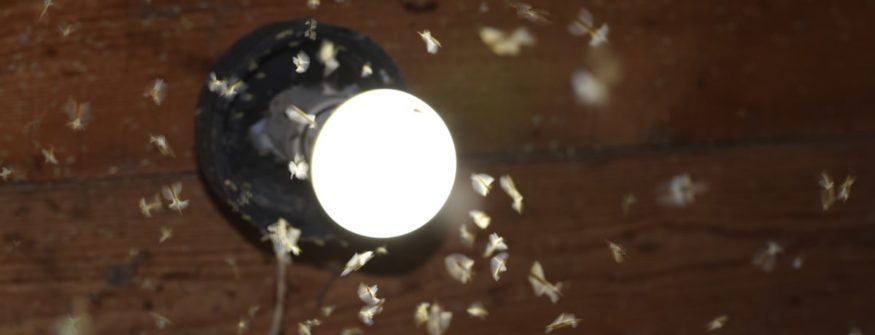 www.jkoffset.com
www.jkoffset.com
What Light Color Does Not Attract Bugs? (Answered) - DIY Smart Home Hub
 www.diysmarthomehub.com
www.diysmarthomehub.com
What Color Of Light Does Not Attract Bugs – PesoGuide
 pesoguide.com
pesoguide.com
What Color Light Does Not Attract Bugs? (Helpful Examples) (2023)
 finfor.best
finfor.best
What Color Light Does Not Attract Bugs - Colorscombo.com
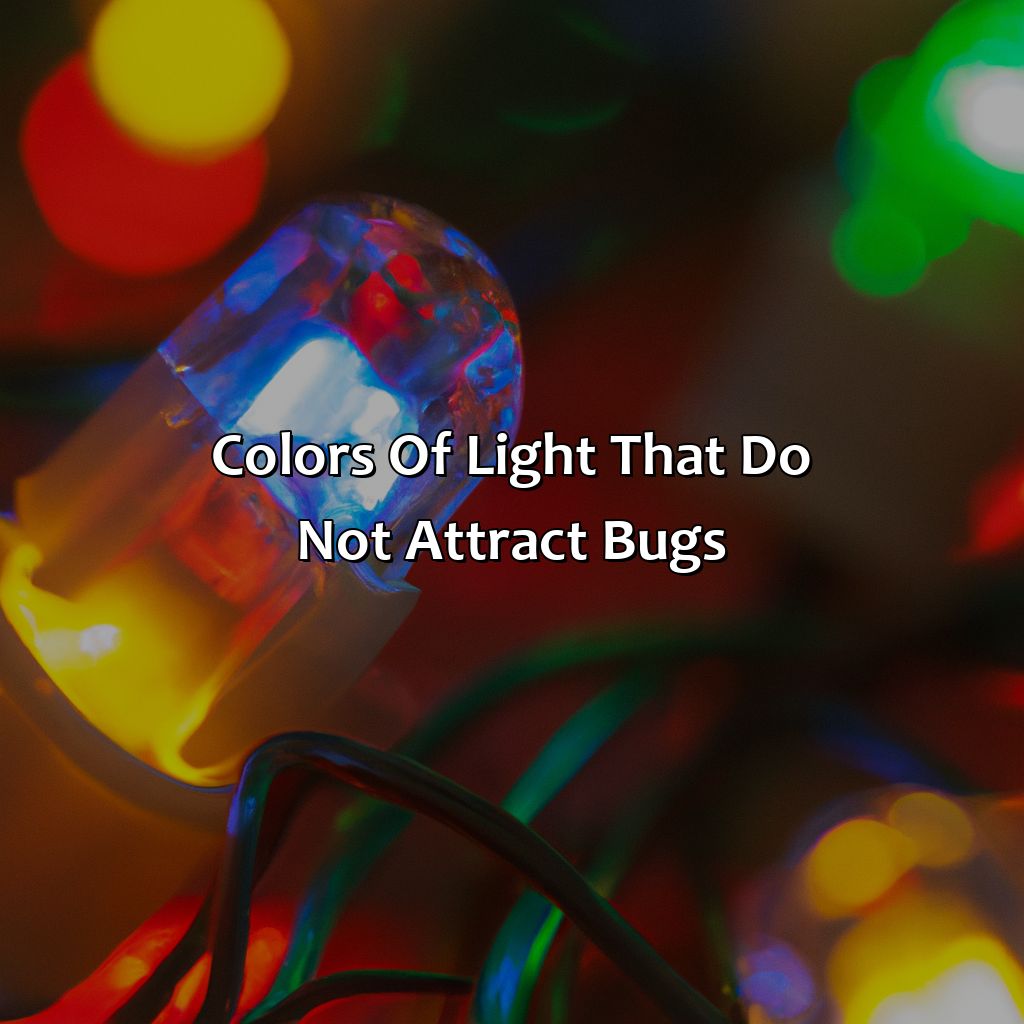 colorscombo.com
colorscombo.com
Outdoor Light Bulbs That Do Not Attract Bugs - Outdoor Lighting Ideas
 www.jkoffset.com
www.jkoffset.com
attract bulbs bulb bug e26 590nm mosquito wavelength repellent indoor
What Color Outdoor Light Doesn T Attract Bugs - Outdoor Lighting Ideas
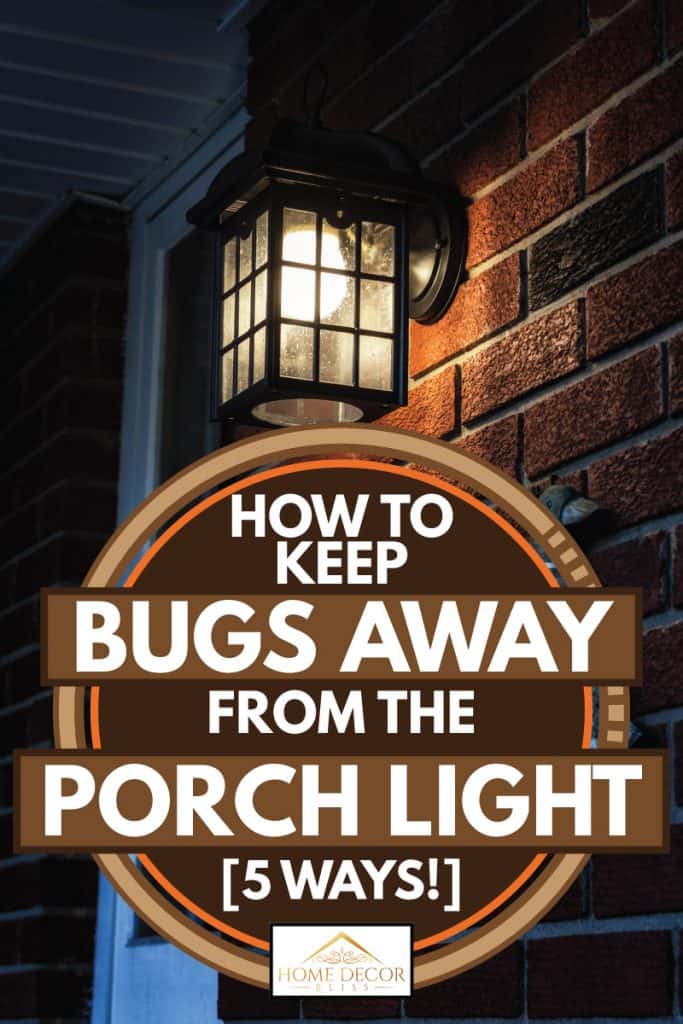 www.jkoffset.com
www.jkoffset.com
keep away
Repels attract. Attract bulbs bulb bug e26 590nm mosquito wavelength repellent indoor. Bugs attract essential. What color of light does not attract bugs – pesoguide. Keep away. What color does not attract bugs. What color light does not attract bugs? (helpful examples) (2023). What light color does not attract bugs? (answered). What kind of outdoor lights do not attract bugs. What color light bulb repels insects? bulb color and bug facts. What color light does not attract bugs. Outdoor light bulbs that do not attract bugs. What color outdoor light doesn t attract bugs. Outdoor light bulbs that do not attract bugs
Theories Explained
Phototaxis: Seeking buoyant or Seeking Darkness?
One prevailing theory concerning insect likeness to open is phototaxis, the bodily tendency of organisms to upset towards or away from buoyant stimuli. though certain phototaxis explains why some insects are drawn to spacious sources, negative phototaxis elucidates the behavior of those that avoid light, seeking refuge in darkness.
Disorientation and Misguided Navigation
Another hypothesis posits that artificial lights interfere once insects' navigational abilities, leading to disorientation and erratic flight patterns. Insects may become trapped in an endless cycle of circling with reference to open sources, unable to discern a showing off out of their vivid trap.
Misinterpretation of buoyant Signals
Intriguingly, determined species of insects may error exaggerated lights for natural cues, such as the moon or stars. This misinterpretation can have dire consequences, as insects may expend critical simulation resources attempting to attain an unattainable destination.
Practical Implications
Ecological Consequences
The sympathy of insects to pretentious lights can have profound ecological implications, impacting predator-prey dynamics, pollination patterns, and nocturnal ecosystems. Disruptions in these delicate balances may cascade throughout entire ecosystems, potentially leading to unforeseen consequences for biodiversity and ecosystem stability.
Pest direction Challenges
For homeowners, businesses, and agricultural enterprises, insect likeness to lively presents a significant challenge in pest government efforts. permeable entry points, such as windows and doors, provide insects in imitation of simple permission to indoor environments, where pretentious lights beckon them into unsuspecting spaces.
Conclusion
In summary, the phenomenon of insects physical drawn to fresh is a multifaceted and intriguing aspect of entomology. even if numerous theories try to tell this behavior, the underlying mechanisms remain topic to ongoing research and debate. By attainment a deeper settlement of why insects are attracted to light, we can better mitigate the potential consequences and leverage this knowledge to inform pest running strategies and conservation efforts.